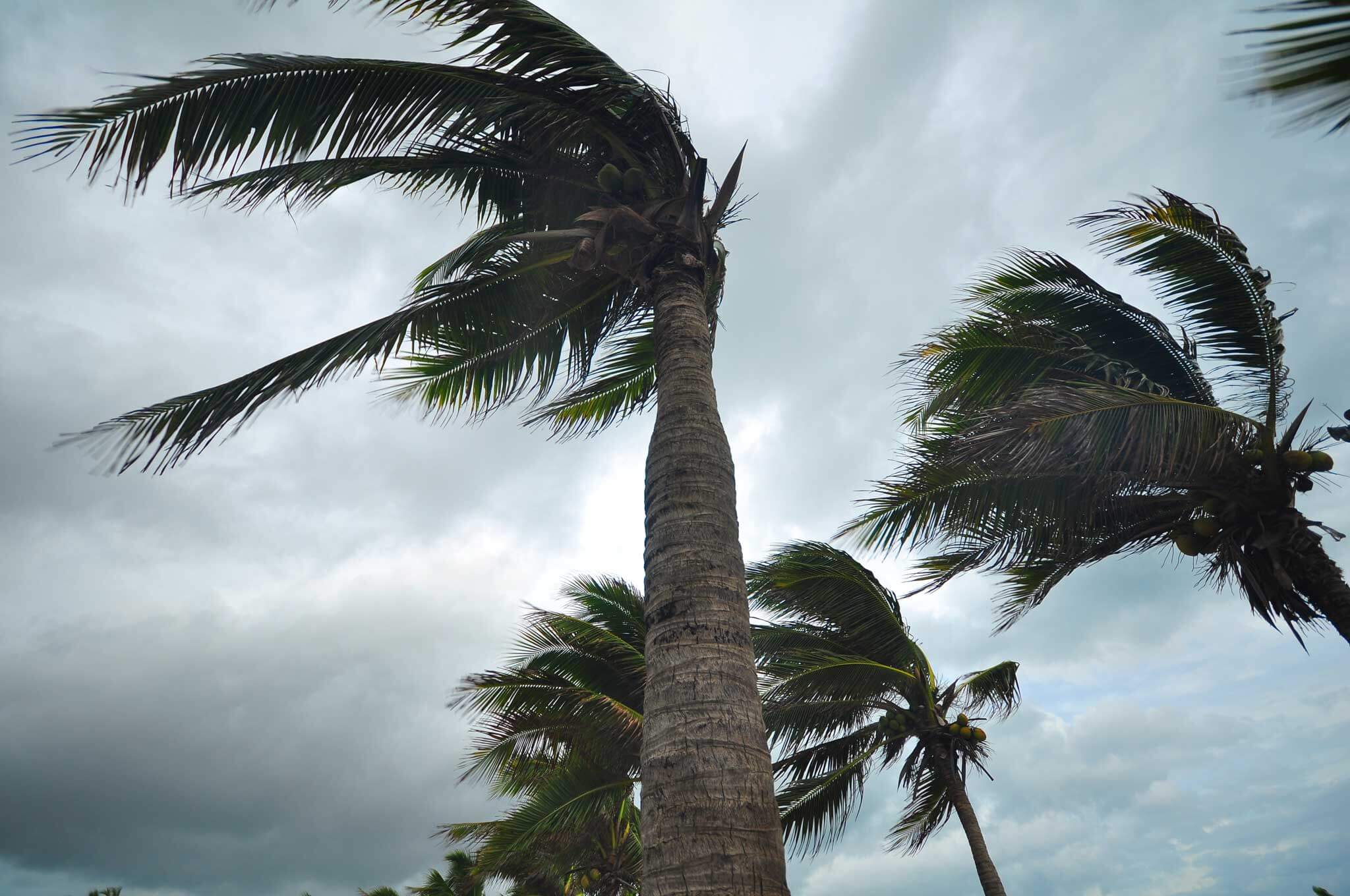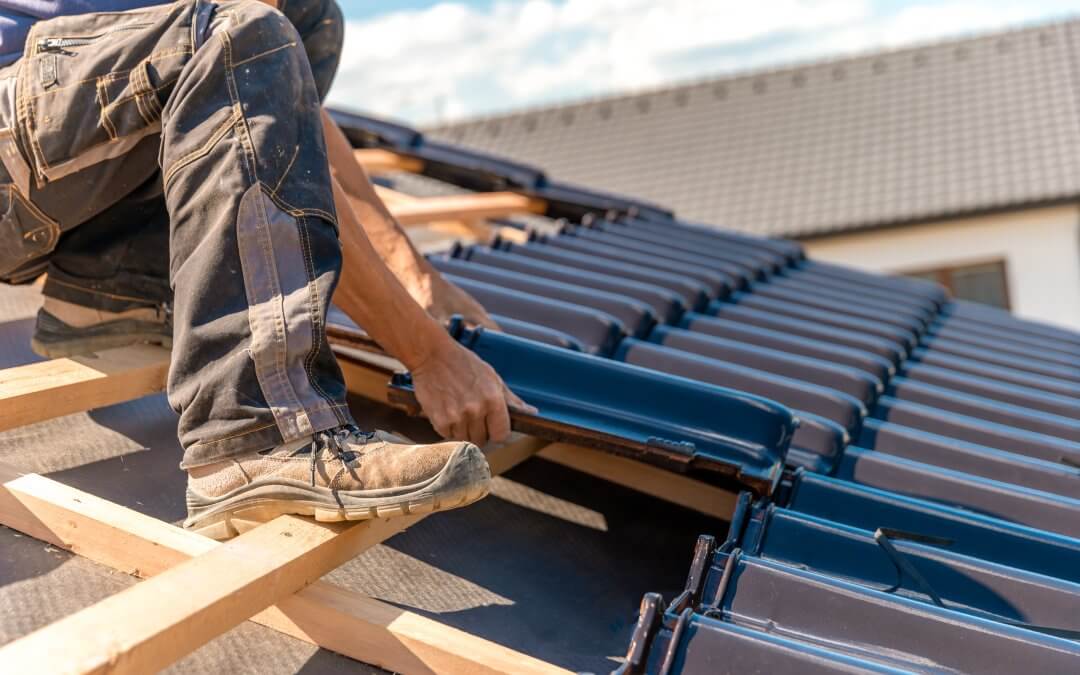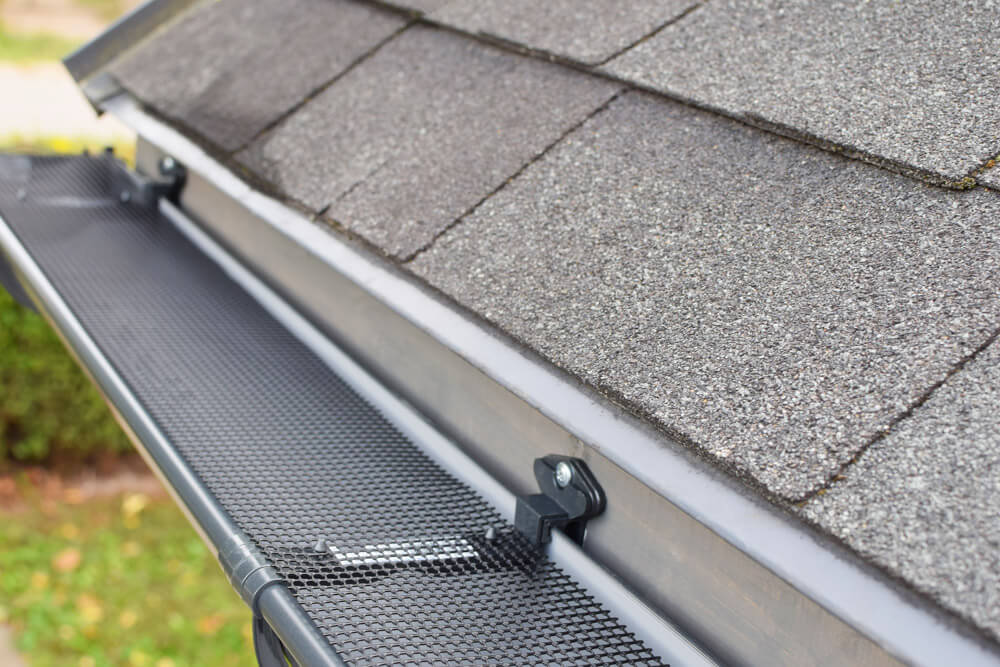Charleston, South Carolina, is rich in history and charm, but it’s also known for its unique and often challenging climate. With its hot, humid summers and unpredictable storm season, the local weather plays a crucial role in roofing decisions for homeowners. Understanding how Charleston’s climate affects your roof can help you choose the right materials, ensure longevity, and maintain the structural integrity of your home. In this blog post, we will explore the various climatic factors that impact roofing in Charleston and offer insights into how to protect your investment.
1. High Humidity Levels
One of the most defining characteristics of Charleston’s climate is its high humidity levels, particularly during the summer months. The average humidity in Charleston often exceeds 70%, which can lead to multiple issues for roofing systems, including:
- Mold and Mildew Growth: High humidity promotes mold and mildew, which can thrive on organic roofing materials like wood shingles or thatch. This not only poses health risks but can also lead to significant structural damage.
- Roof Degradation: Increased moisture can cause certain roofing materials to degrade more quickly. Asphalt shingles, for example, may develop granule loss or curling when subjected to persistent moisture.
Solution: Consider using synthetic or moisture-resistant roofing materials that can withstand the high humidity. Regular inspections and maintenance are also crucial to spot early signs of mold or degradation.
2. Extreme Temperature Fluctuations
Charleston’s climate also experiences considerable temperature fluctuations, particularly transitioning from hot summers to cooler winters. These temperature variations can contribute to:
- Thermal Expansion and Contraction: Roofing materials expand in the heat and contract when temperatures drop. This constant movement can lead to cracks, leaks, and premature wear on roofs as materials strain under these conditions.
- Increased Energy Costs: Proper insulation and ventilation are essential to combat the effects of temperature fluctuations. Poorly insulated roofs may allow heat to escape in winter and let warm air in during summer, leading to excessive heating and cooling costs.
Solution: Investing in high-quality roofing materials that are designed to handle temperature changes, such as metal or high-performance asphalt shingles, can significantly mitigate these effects. Proper attic ventilation can also help regulate temperatures and prolong roof life.
3. Hurricane Season and Heavy Rainfall
Charleston is no stranger to hurricanes and severe weather events, particularly from June to November. The impact of heavy rains and winds can be devastating for roofs:
- Wind Damage: High winds can lift shingles or tiles, expose underlayment, and lead to leaks. In severe cases, roofs can be entirely ripped off, necessitating comprehensive repairs or replacements.
- Water Damage: Heavy rainfall can lead to pooling water on the roof. Inadequately sloped roofs may struggle to drain water effectively, leading to leaks and water damage in the interior of the home.
Solution: Homeowners should opt for roofs rated for high winds and ensure they are installed correctly to minimize water pooling. Additionally, incorporating an efficient drainage system, such as gutters and downspouts, helps direct water away from the roof.
4. Sun Exposure and UV Rays
Charleston’s sunny climate means roofs are often subjected to direct sunlight, which can have several repercussions:
- UV Damage: Prolonged exposure to UV rays can break down roofing materials over time, causing fading, cracking, and loss of protective granules. This deterioration can significantly reduce the lifespan of your roof.
- Heat Accumulation: More sunlight can result in increased heat accumulation on the roof, heightening cooling costs and potentially damaging the roof’s structural integrity.
Solution: Consider materials with UV-resistant coatings or reflective qualities, such as metal or cool roofing options. These materials can help dissipate heat and protect your roof from harmful UV rays.
5. Regular Maintenance is Key
Given Charleston’s challenging climate, regular roof maintenance is vital for all homeowners. The following practices can help keep your roof in excellent condition:
- Frequent Inspections: Schedule bi-annual roof inspections, particularly before and after hurricane season, to identify and address issues before they escalate.
- Clear Gutters and Drains: Ensure that gutters and downspouts are free of debris, allowing for proper drainage and reducing the risk of water damage.
- Proper Ventilation: Ensure your attic has adequate ventilation to combat humidity and temperature fluctuations, which can contribute to roof deterioration.
It’s All About Understanding…
Knowing how Charleston’s climate affects your roof is essential for homeowners looking to protect their investments. The combination of high humidity, temperature fluctuations, severe storms, and intense sun exposure presents unique challenges that can significantly impact roofing systems.
By selecting the right materials, maintaining your roof regularly, and embracing preventative strategies, you can ensure the longevity and effectiveness of your roof in Charleston’s dynamic climate. If you need assistance with roof inspections, maintenance, or upgrades tailored to our local conditions, Southline Roofing is here to help.
Contact us today to discuss how we can assist you in securing and enhancing your home’s roof for the years to come!



